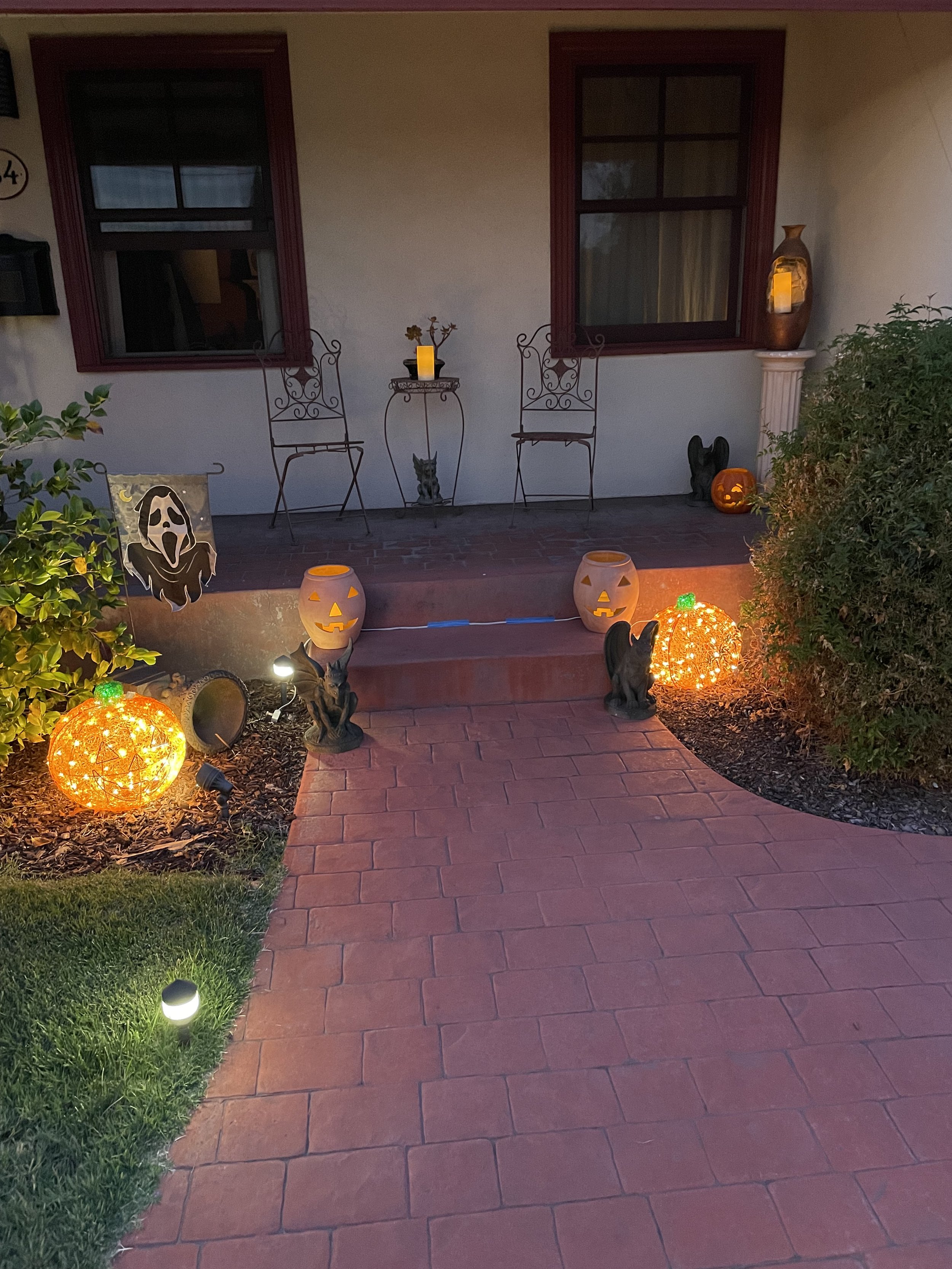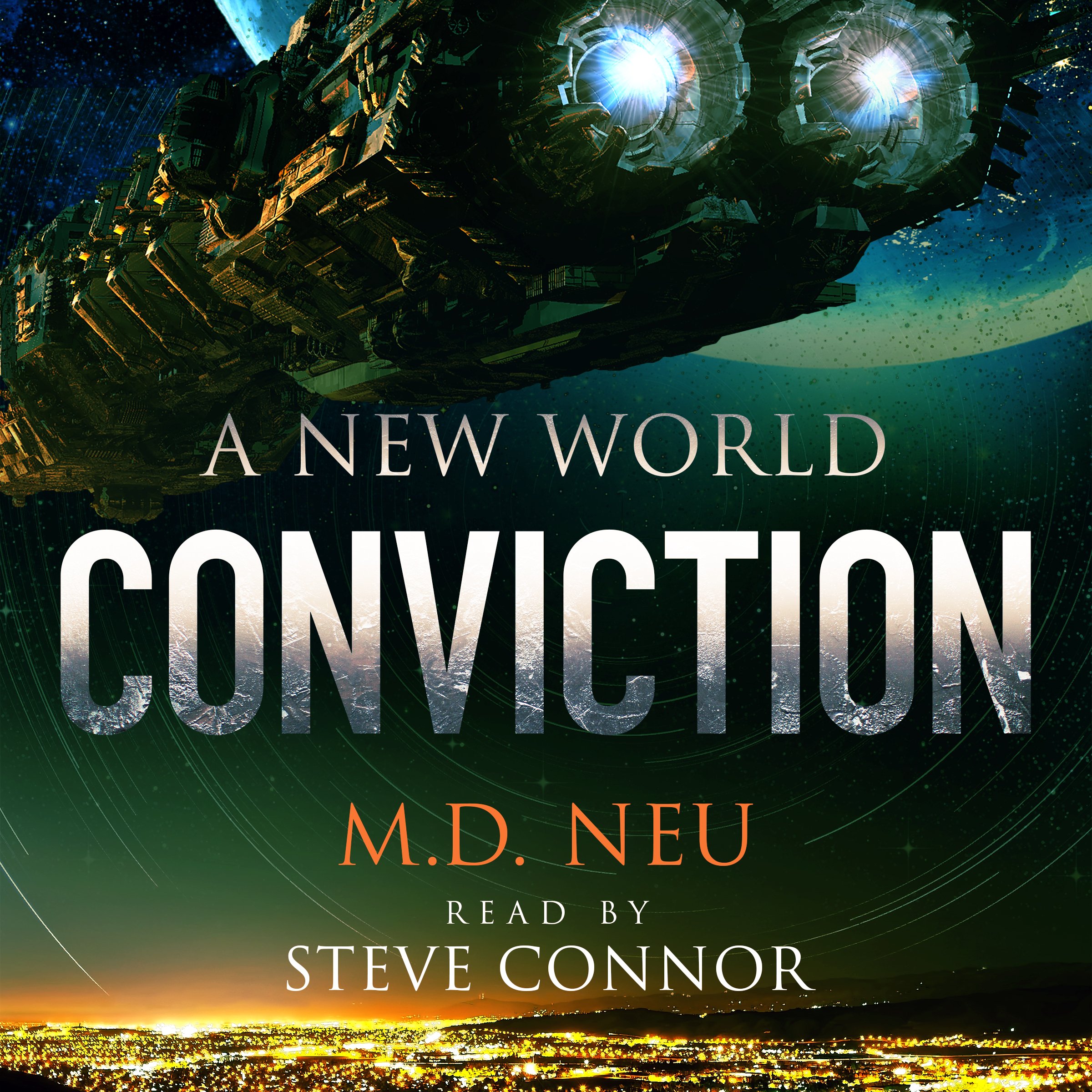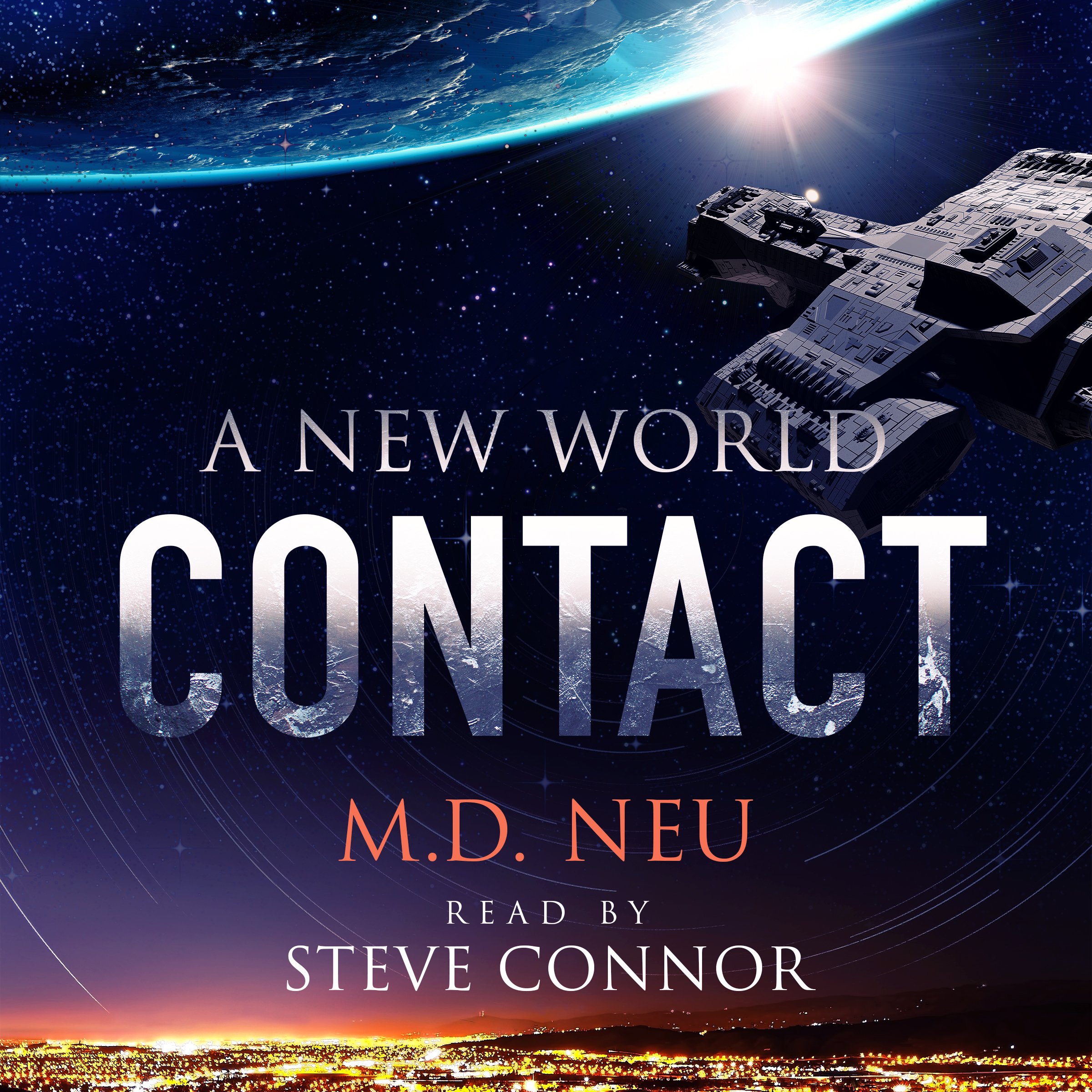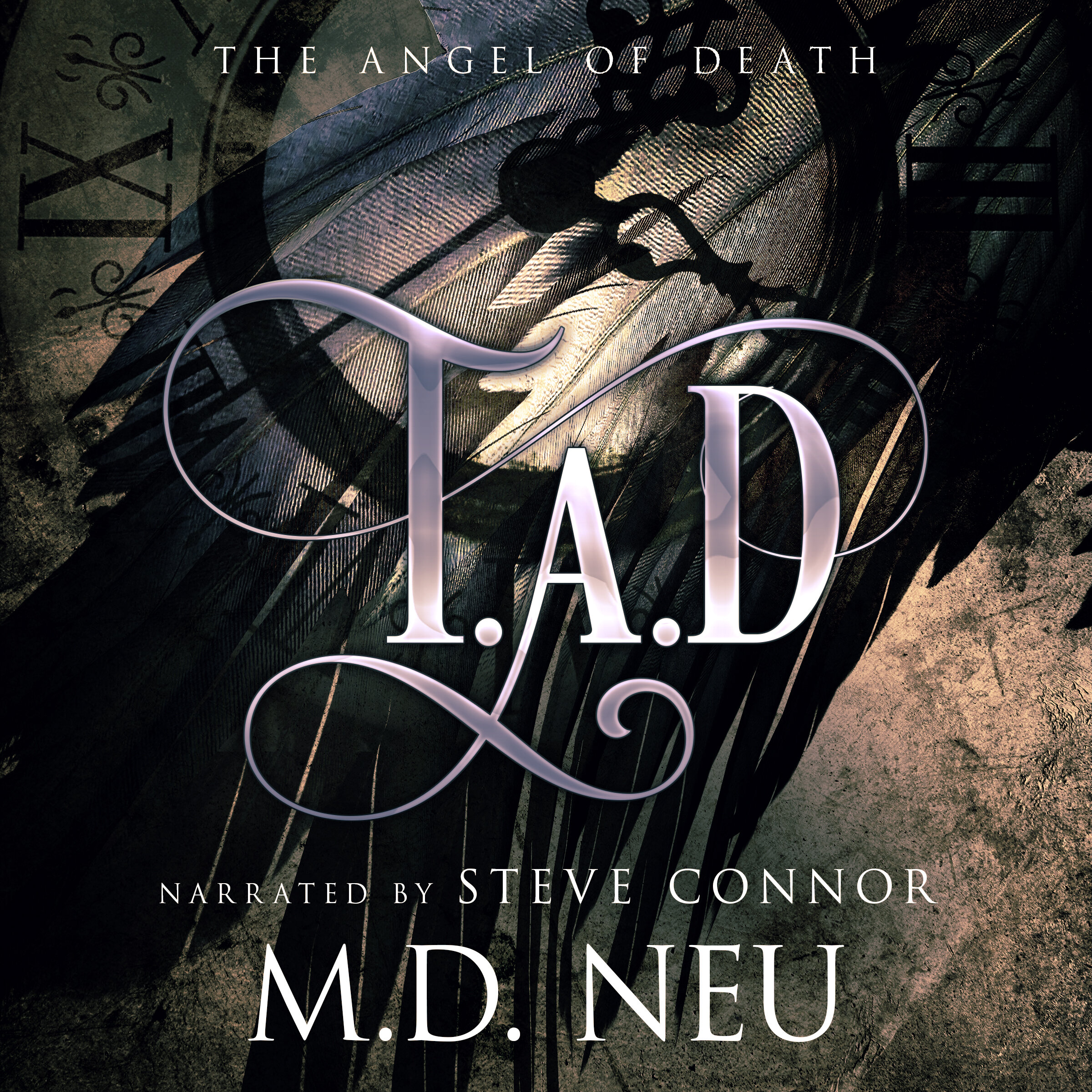When I started the process with The Calling using ACX (find out more here) I had the producer/narrator I wanted, which was a big help. Still, I had to figure out the basics of how to navigate ACX and what the steps were. Now, keep in mind there are other options to produce audiobooks Findaway Voices is another option (learn more here) but for me I went with ACX because they release the audiobooks on Audible, Amazon, and iTunes, which is where a majority of people get their audiobooks, plus the cost were minimal. Now, with ACX, there are four different options for production/narration of an audiobook; Pay for Production, you pay the producer/narrator for their work and you own everything once they deliver the product and you pay them (this is a costly way to go some producers charge anywhere from $200-$400[or more] per finished hour, a book that is five longs would cost you $1000-$2000 as an example, but you earn 40% of the royalties and you don’t have to share that 40% with anyone); Royalty Share Plus, you pay the producer/narrator a certain amount per finished hour and then you split the royalties (this isn’t as costly but can still be expensive say you produce a five-hour audiobook at between $100-$200 per finished hour, that five-hour book would cost you $500-$1000, however you split the royalty 20% for you and 20% for the narrator/producer); next you have Royalty Share, you pay the producer/narrator nothing up front, however you split the royalties 20% for you and 20% for them. Last, you can narrator the book yourself. You provide the audio files to ACX and you will earn the 40% royalties.
You will also need to pick whether you want to be exclusive through ACX or go wide. This will affect your royalties (typically taking them from 40% to 25% for non-exclusive, but the hope is you will sell more to make up the difference).
Okay, that was a lot, I know, but it gives you an idea of the choices you have with ACX for the production cost. For me I’ve gone two routs; I did the Royalty Share Plus (for The Calling) and I’ve done Royalty Share for T.A.D.-The Angel of Death, The Reunion, and A Dragon for Christmas.
Each of the options have their pros and cons, mainly your selection of producers/narrators. The more you pay, the more options you have in selecting a producer/narrator. I believe this held up finding a producer/narrator for The Calling, NineStar Press will only do Royalty Share, so the first two options weren’t available for me.
Once you decide on how you are going to compensate your producer/narrator, you then ensure you have the rights to create the audiobook by claiming the title in ACX. If all goes well, this should be easy. However, for me I had to contact NineStar Press and have them release the books so I could claim them under my pen name.
After you claim your books, you can post your book so it becomes available for producers/narrators to view in ACX search results. This is when the fun begins, because this is when you can select what kind of person you are looking for to produce/narrate your book. There are a lot of options.
Regarding The Calling, I wanted a younger male in his early thirties. For T.A.D.-The Angel of Death, I needed a male voice actor who could sound youngish and oldish as the story crosses a lifetime. With The Reunion, I wanted a man who could sound over the top flamboyant and serious. For A Dragon for Christmas, I needed a Latinx woman who could voice a young girl and end up as a young woman. Then, with Contact-A New World Book One, I needed an actor who had a vast range in vocals who could make three unique characters come to life and give a large group of supporting characters a set of unique voices.
After you go through these first steps, you then need to upload a script for the producer/narrator to read from. This can be the first chapter of your book, but if you have multiple point-of-view characters, create something so you can hear what the actor does with your characters. I did this for Contact-A New World Book One. I pulled a chapter from near the end of the book where all three of my point-of-view characters share a scene for the actor to audition from.
Once you post the script (and any additional details about the story for the actor to help them with the narration) you wait. This is also the place where you share with the producer/narrator how you plan to market the audiobook. This information helps you find the right person and hopefully someone who will also help market the finished product.
Auditions may take time to arrive, but you can speed this process along by going searching for ACX producers/narrators and sending them a message (assuming you like their samples) to audition for you. With the auditions you receive, you decide who you want. For me, this was pretty easy. I had specific voices in mind for my characters, so I waited to find the right voice (or a voice close to what I imaged) and went from there.
With your narrator selected you make them an offer (this is all the contract information that I’m not going over), but this is where you both sign your life’s away (or at least seven years, depending on which type of production you chose, i.e. Pay for Production, Royalty Share Plus, Royalty Share, or Do It Yourself). This is also where you agree on the timeline for the audiobook.
After the contracts are agreed on, this is when you upload the story and create your chapters and sections (if you are lucky ACX can typically pull this information from the book posted on Amazon). All you’ll have to do is verify the information is correct and maybe add or delete something that is wrong or missing.
Part of the contract includes a 15-minute sample, which gives you the option to see if the producer/narrator and you agree on the performance and you like what they are doing. This is also the time when you and actor work out all the kinks in character development. I found this fun. I spent a lot of time with my narrators on the characters and the story.
Chapter reviews come next. After each chapter is uploaded by the producer/narrator, you get to review the section, ensure the work sounds good, and there are no mistakes. This is a step you do not want to skip, as I’ve found several minor mistakes not only in the narration but in the writing. Now is the time they get fixed, so the story, when being told, sounds good. This also gives you and the actor a chance to hammer out character moments and voice nuances.

















